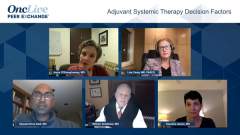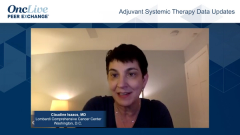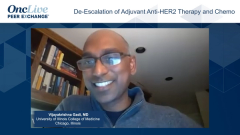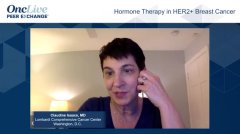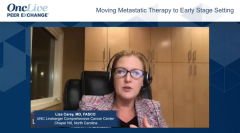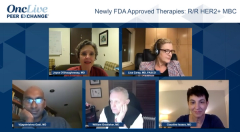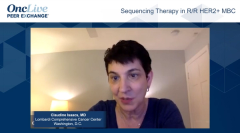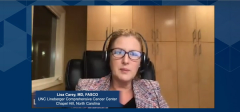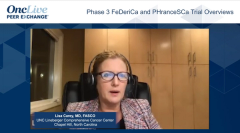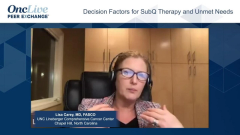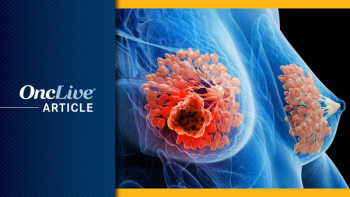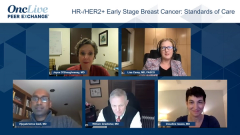
Novel Agents for Late-Stage HER2+ MBC
Episodes in this series

Joyce O’Shaughnessy, MD: Before we leave the metastatic setting, what’s coming down the pike? What other agents are going to be coming our way potentially in trials?
Lisa Carey, MD, FASCO: With the new drugs, there’s a bunch of drugs that are percolating out there. For margetuximab, we saw Hope Rugo present those data. In TBCRC [Translational Breast Cancer Research Consortium] we’re actually going to do a neoadjuvant trial that looks at margetuximab.
Joyce O’Shaughnessy, MD: Good.
Lisa Carey, MD, FASCO: It’s just to see in the appropriate low affinity FC receptor subset. Maybe you could build a better mousetrap than trastuzumab. Many of the others are versions of irreversible pan-HER inhibitors that looked good in either large or small studies, like pirotinib and poziotinib, where they look reasonably good; however, they look a lot like neratinib to me. This is an opinion. They are pan-HER inhibitors, and they perform well, but they also have the same toxicity issues.
For them to get traction is going to be tough because neratinib already, certainly in many practices, is now where capecitabine-lapatinib used to be, which is behind trastuzumab deruxtecan. They would have to demonstrate that they’re essentially better than tucatinib, which could be really hard to do, but at least better than neratinib. That is also going to be hard to do.
Joyce O’Shaughnessy, MD: They’re so similar. Thank you.
Transcript Edited for Clarity


